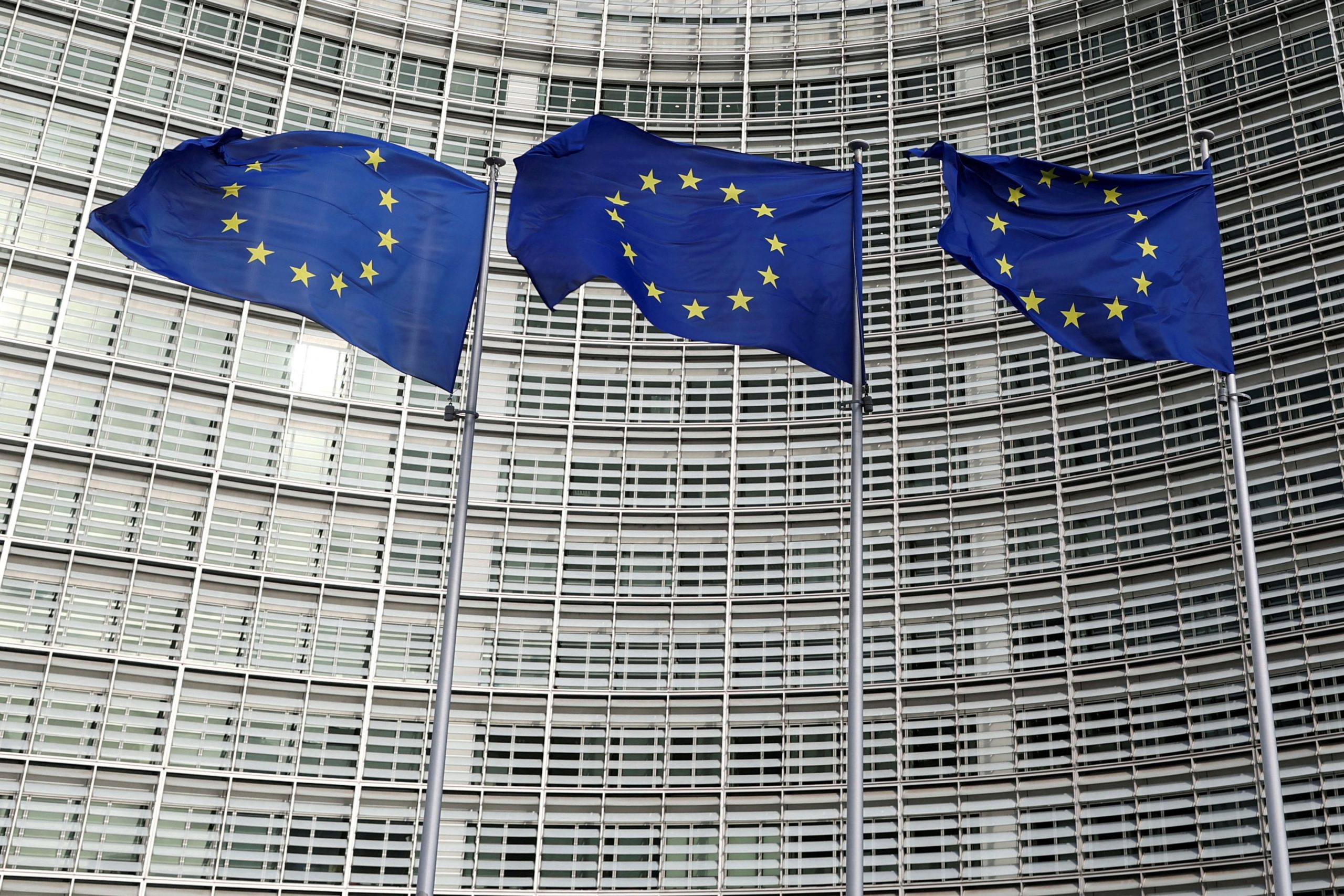The landmark EU Migration Agreement “Migration and Asylum Pact” reached under the Spanish Presidency attempts to address a series of key challenges including response to crises, migrant and asylum-seeker empowerment, and expediting asylum applications.
Key Provisions of the New Regulation
The new regulation on asylum and migration management mandates solidarity among EU countries facing migration pressures, allowing other member states to choose between relocating asylum seekers on their territory or providing economic contributions to first-entry EU member states.
Greece, Italy, and Malta stand united as frontline countries against the Netherlands and other counterparts, highlighting the challenges faced by these nations during negotiations.
Mechanism Ensuring Solidarity
The political agreement includes a mechanism to ensure solidarity and measures to support member states experiencing unprecedented inflows of third-country nationals. Special attention is given to countering the instrumentalization of migrants.
According to the new screening regulation, those not meeting entry requirements into the EU will undergo a preliminary audit, including identification, collection of biometric data, and health, and safety checks, lasting up to seven days. The special needs of children will be considered, and each member state will have an independent monitoring mechanism to ensure respect for fundamental human rights.
“Migration is a European challenge that requires European solutions,” emphasized Ursula von der Leyen, President of the European Commission, in her statement following the announcement of the political agreement on the Migration and Asylum Pact.
Roberta Metsola, President of the European Parliament, stated in her post on the “X” platform that “The EU has reached a milestone agreement on a new set of rules for managing migration and asylum.”
Margaritis Schinas, Vice President of the Commission, emphasized that the agreement opens a new chapter in Europe’s migration policy, providing effective procedures and solidarity.
He also mentioned that the Commission’s proposal in September 2020 came shortly after the fire in Moria, marking the end of an era in European migration policy that the continent wishes to forget.
The next steps entail the European Parliament voting on the political agreement, with the final seal of approval expected from the European Council.



